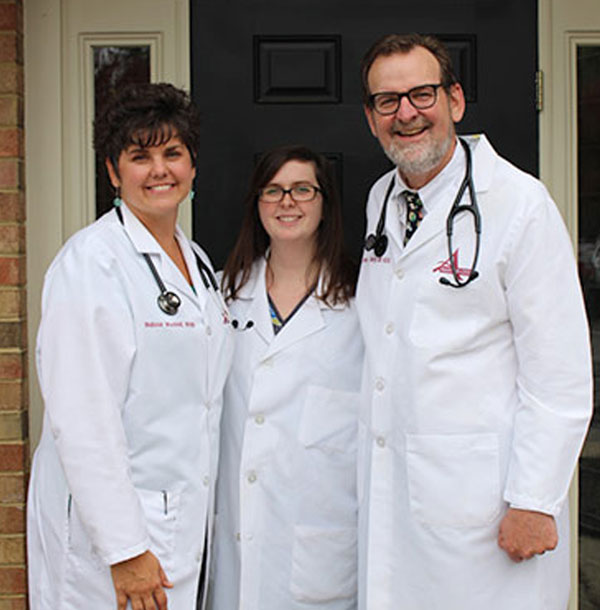Should I Breastfeed?
It’s a great idea to breast-feed. Babies who are breast-fed have fewer infections and allergies during the first year of life than babies given formula. Breast milk doesn’t cost anything. It is ready anytime. Breast milk is made especially for babies.
How do I get started?
It’s good to breast-feed soon after the baby is born. If you can, hold your baby close and let your baby nuzzle your breasts. If your baby is eager to feed, he or she will try to nurse. Here are some things to remember:
Start by getting comfortable yourself. Be sure to get a drink of water, milk, or juice if you are thirsty.
Use pillows for support.
Hold your baby tucked in very close to your body.
Support your baby well.
Make sure your baby takes a large mouthful of your breast. Wait until his mouth is wide open. Put in as much of the dark area around the nipple (the areola) as you can.
Relax.
Nurse your baby whenever your baby cries or seems hungry. Your baby will probably nurse at least every 2 hours or so at first. It’s a good idea to nurse at least 8 times a day at first.

How long should I feed my baby?
During the first week it is important to bring in your full milk supply. You can do this by making sure your baby drinks from both breasts during each feeding. Nurse your baby 10 minutes on the first breast and as long as he wants on the second (at least 10 minutes). Your baby may not always act like he wants to eat from the second breast, so make sure you begin with that breast first at the next feeding.
After your milk supply has come in (by day 8 at the latest) have your baby nurse as long as possible on the first breast. This way your baby gets the rich, high-fat milk that comes at the end of feeding. You can tell your baby has finished on a breast when the sucking slows down and your breast is soft. Then, offer the second breast to your baby if he is interested. Continue to alternate which breast you begin with for each feeding.
How do I know if my baby is getting enough?
The more you nurse, the more breast milk you make. But because you can’t see how much breast milk a baby is drinking, many women worry their baby is not getting enough. You can be sure that your baby is getting what she needs, if:
Your baby is gaining weight.
Your newborn has 6 or more wet diapers a day and at least 4 bowel movements a day.
It’s a good idea to make sure:
You get plenty to drink every day — at least 8 glasses of water, milk, or juice.
You eat a variety of healthy foods, especially foods with calcium.
You get the rest you need.

Should I give formula or water in a bottle?
You do not need to give your baby formula or water. Your breast milk has just what your baby needs. He or she does not need extra water or formula. And giving your baby formula and water, especially in the first 4 to 6 weeks, can actually lower your milk supply. It’s best to offer only the breast, at least until your milk supply is well established.
What should I do if my breasts become swollen or painful?
Having swollen breasts often happens between the second and fourth days after birth. It may take a little while for your breasts and your baby’s feedings to get in balance. Your breasts may also become swollen if:
Your baby is not feeding often.
Your baby is not feeding long enough.
Your baby is not in the right position when nursing.
The best thing to do is to breast-feed well and often! Check to make sure that your baby is in the right position. It can also help to express a little milk before you start to nurse. Putting wet, warm cloths on the breasts or taking a warm bath or shower can also help. Then the baby can latch on to the breast more easily. If you are not able to nurse that baby, then you should try using a breast pump to empty the breast fully. You can then store this milk for a later use.
What about fluoride and other vitamins?
If your baby is only getting breast milk, you should give your baby vitamin D every day. You can buy multivitamin drops that have vitamin D in them at the store. After about 6 months of age, your baby may need fluoride if he is not drinking water or your water supply does not have fluoride added to it. Talk to your Pediatrician for recommendations about this and other vitamins your baby may need.
Where can I get help with breast-feeding?
If you have questions or worries, call the Lactation Specialists at Chesapeake Regional Memorial Hospital or call our office. Parent support groups such as La Leche League or Nursing Mother’s Counsel can also be helpful.
